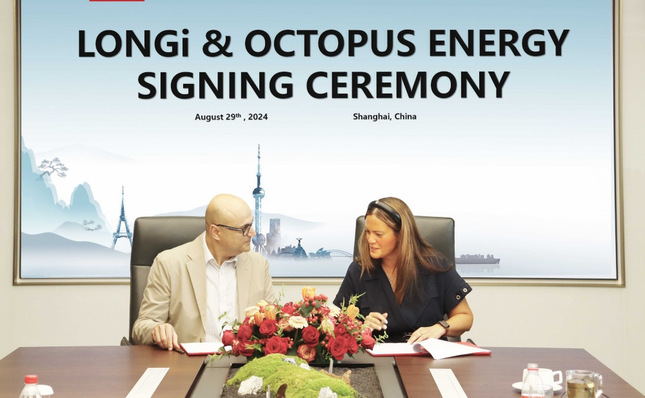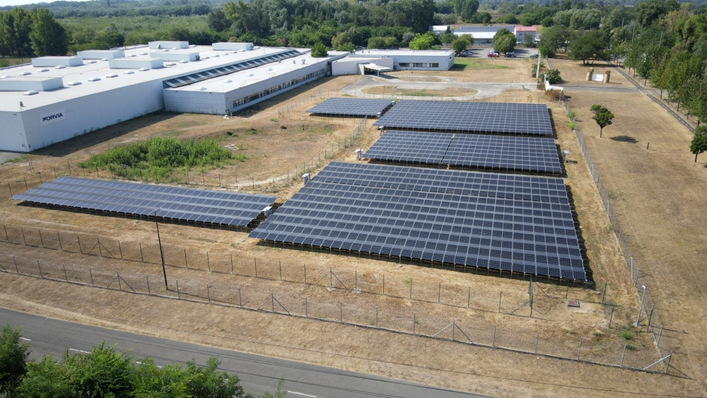The European Union is currently faced with the dilemma of having several of its member states already reach their 2020 renewable energy targets, but as a whole also being 55% dependent on imported energy from external supplies.
By 2050, the EU wishes to run 100% on renewable power from itself, and energy experts believe that this goal can be achieved by the creation of a European “Energy Union.” This step would create a single market despite a number of other EU members predicted to not meet their 2020 renewable energy objectives.
"Energy Triangle" needed
Therefore, European renewable energy experts are calling on closer ties between businesses, universities, and institutions within the EU to create a sustainable energy transfer system or “Energy Triangle” as member states make their shift from traditional to renewable energies over the next three decades.
As a result of opening up the channels of communication between universities and other research institutions such as the European Energy Research Alliance and European Renewable Energy Centres, the EU could improve the amount of data transfer between these bodies, which will ensure a better flow of ideas.
Public-private partnership is the key
Furthermore, by adding businesses related to the renewable energy sector, they would be able to share their insights into how better incorporate certain technologies in specific regions within the EU.
“We believe that public-private partnership is the key to creating an innovative and clean renewable market in Europe,” said Andrius Terskovas, Chief Business Development Officer of Sun Investment Group (SIG). We are willing to share our knowledge of renewable technologies and their installation solutions with other Central Eastern European countries in order to work towards the EU’s energy goal of a common market. Our goal is to create a region free of energy dependence on external supplies”.
Hungary committed to a coal-free future
In 2018, Hungary committed to a coal-free future by 2030 and is also putting in a model to re-skill coal workers once the transition to renewables has taken place. Meanwhile, Poland’s neighbour, Germany, also recently announced that it would be phasing out all of its nuclear power plants within the next 19 years.
With the European parliamentary elections coming up this year, energy experts across the EU will be closely watching the next steps that the bloc takes towards in unifying its energy supplies.
Sun Investment Group (SIG), a Lithuanian-Polish investment firm with one the biggest share of the solar energy market in Poland, said it would be willing to take the first step towards interdisciplinary collaboration. SIG’s market share alone is worth 15% of the entire Polish solar energy market, and is the largest PV portfolio in the Central Eastern Europe region. (HCN)
Stay informed, get our free newsletter twice a week. Register here
More useful information:
https://www.pveurope.eu/News/Installation/Further-steps-for-more-solar-in-Poland
https://www.pveurope.eu/News/Markets-Money/PPAs-surged-to-new-record-in-2018
https://www.pveurope.eu/solar-modules/transfer-former-coal-mines-solar-farms







